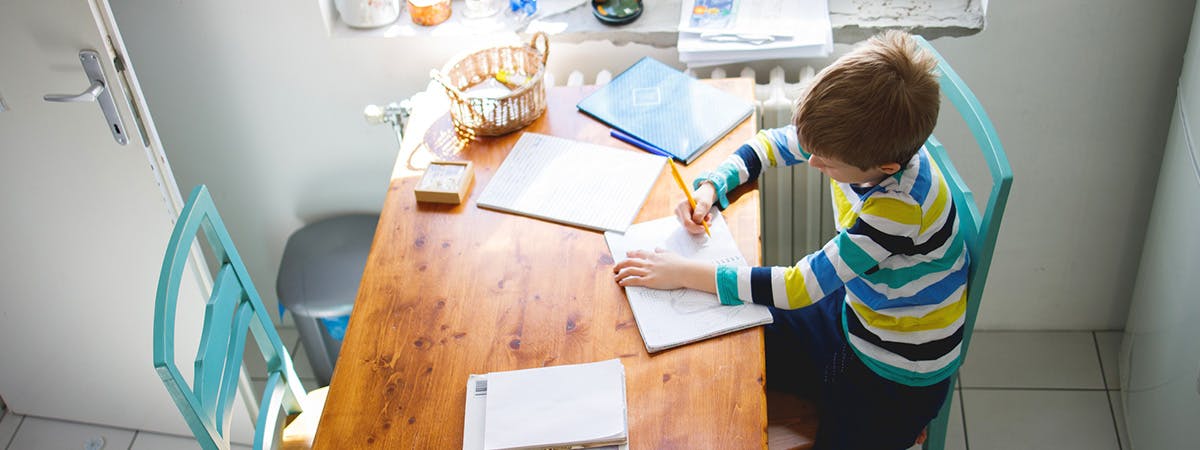Homeschooling is a new reality for many during the COVID-19 pandemic. For parents who have children with special education needs and disabilities (SEND), this means the facilities and professional training needed to educate their children are no longer available. BCU researchers aim to explore the experiences of children with SEND and their families during this difficult time to provide guidelines for schools and policy makers.

Researchers
Research background
During the current pandemic schools have closed, many parents have been made redundant or furloughed and mobility and goods have been restricted. Other parents have been asked by their employers to work from home.
During this stressful and restricted period, parents have been asked by the UK Government to ‘home school’ their children and teachers have been asked to provide digital online learning opportunities for parents to do this. A plethora of resources and information have been developed and made available to help with this.
It is known that having a child with special educational needs and disabilities places additional pressure on families not to mention cost. Children with SEND often need highly specialist resources and pedagogical approaches. Children with SEND may need highly structured, predictable routines, calm, uncluttered learning environments and patient, specialist teachers.
This study aims to build on previous research about home schooling / home education more generally to explore and record the experiences of parents as they navigate their way through the current restrictions whilst ensuring the health and wellbeing of their family. This study will be one of the first to explore the experiences of families experiencing homeschooling of children with SEND during a pandemic in the UK.
Research aims
We are hoping that by exploring the experiences of parents we can provide an accurate account of the ways in which home schooling is enacted in everyday life for families.
Research methods
An online survey will be launched and promoted via social media. Follow up interviews with a selection of parents will take place later in the year.
Projected outcomes
Reports and articles will be published and guidelines for schools and policy makers will follow.